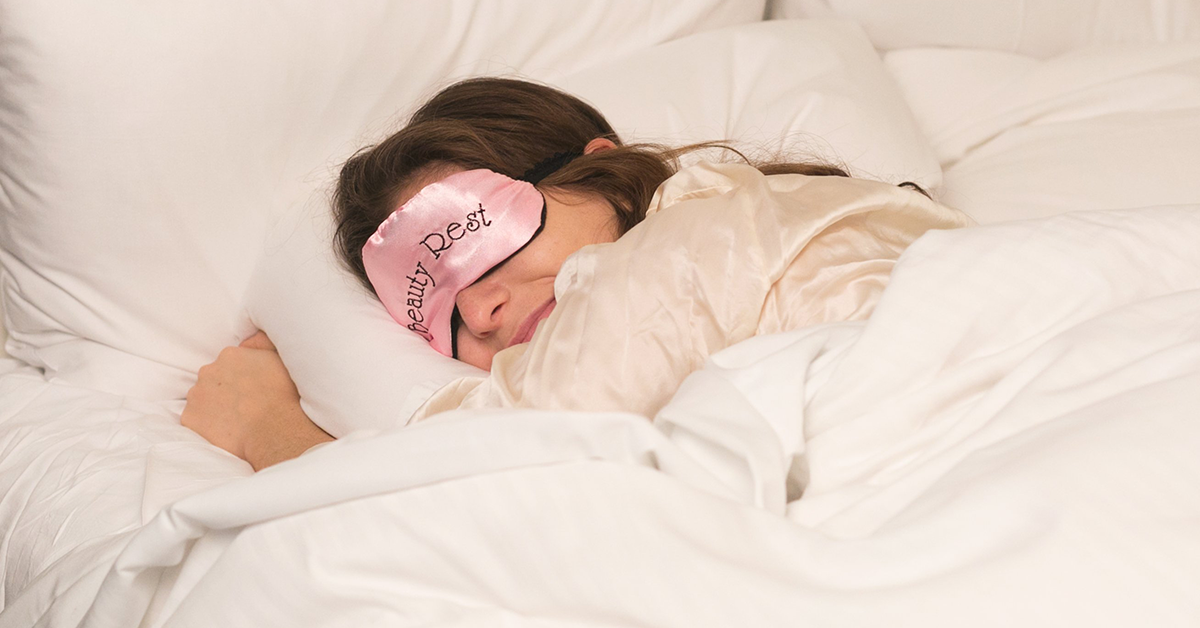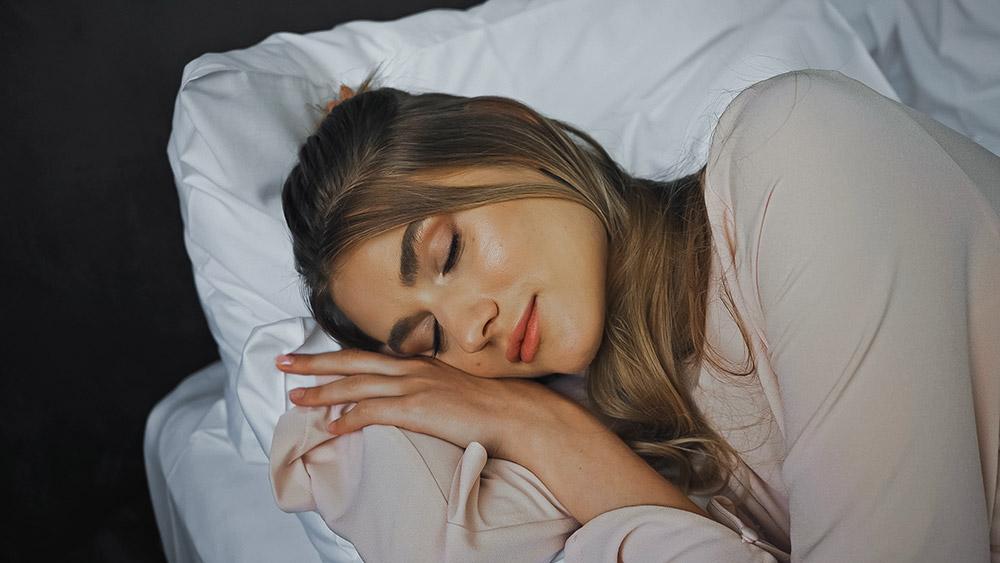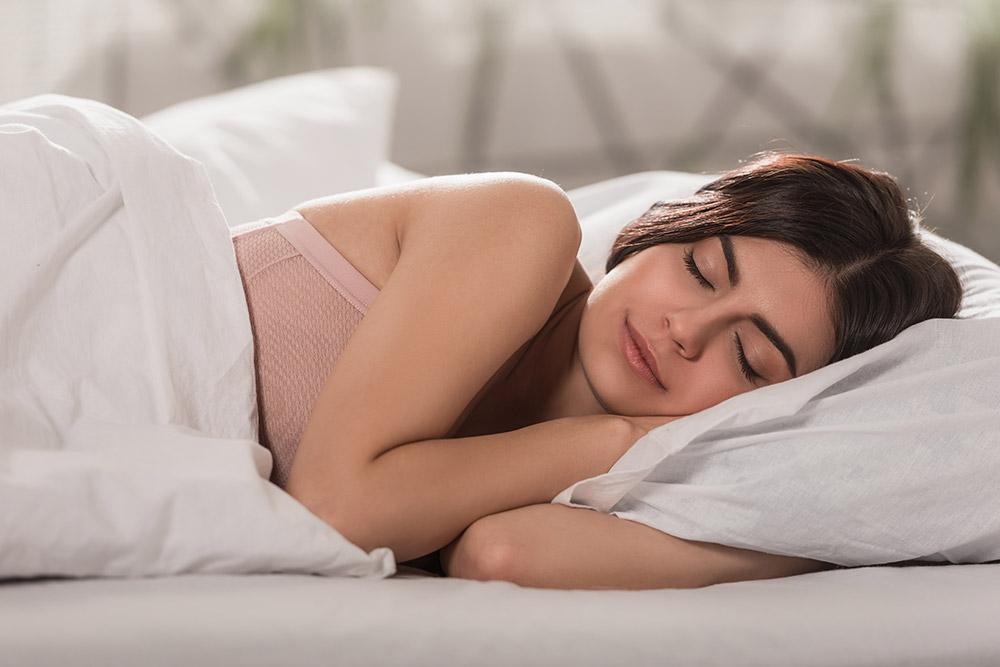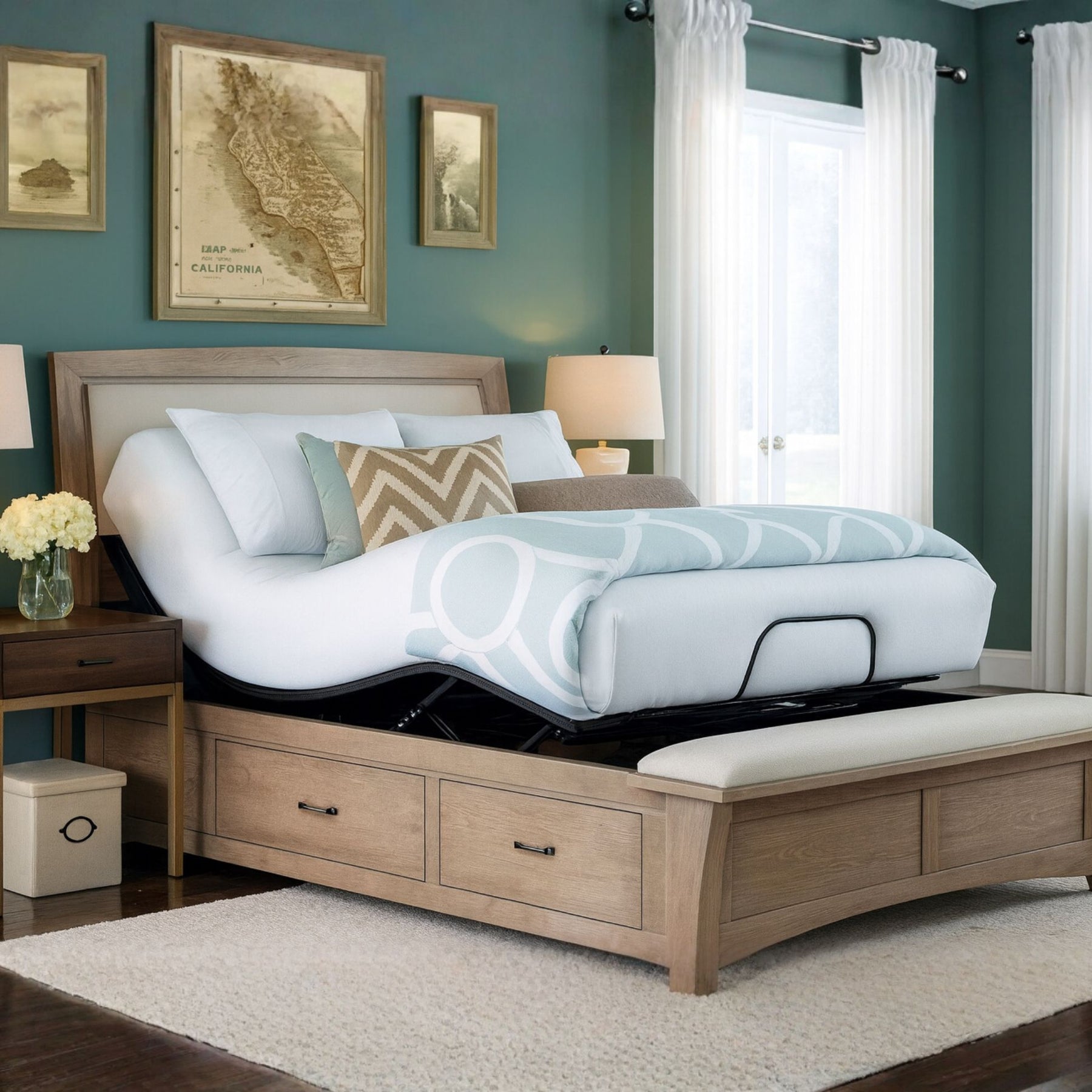It makes me tired just thinking about it—that time in my life when I was working third shift at a greasy spoon diner. According to the Bureau of Labor Statistics, almost 15 million Americans work full time on evening shift, night shift, rotating shifts, or other irregular schedules. So I wasn’t alone, but it certainly felt that way when all of my friends and family existed on completely different schedules than me. I was tired all of the time and keeping my eyelids propped open with Surge. (A product best left in the 90s, btw.)
Looking back, I cringe at the damage I did to my body and the danger I put myself in every time I drove home.
I didn’t need a study to tell me I was tired or why. I didn’t get enough sleep. There was never enough sleep. And getting the rest of the world to pipe down so you could sleep was a losing battle.

Now that I’m a certifiable sleep nerd, I understand why even my sleep marathons on days off didn’t begin to touch the sleep debt I was accruing with my work schedule.
Sleep deprivation is linked to an increase in cancer, weight gain, diabetes, and a whole slew of other dangers. So it’s not surprising that there is a higher incidence of these things in shift workers.

I recently read an excellent book, Sleep Smarter by Shawn Stevenson. In it, he described telomeres as the “little plastic end caps on the tips of your shoestrings” but instead of holding shoestrings together, they hold together our chromosomes. As we age, they wear away and there’s a breakdown in our body on a cellular level.
Our lifestyle impacts how quickly those little tips wear away and according to research at the University of California, sleep deprivation is one of the biggest triggers for accelerating the loss of your telomere length. Just because we can power through lack of sleep when we’re young, it doesn’t mean we aren’t causing permanent damage to our bodies that we will one day pay for.
Night shift workers aren’t the only ones in danger of racking up dangerous amounts of sleep debt. Workers who are on evening or rotating schedules are also face a threat. Why? For one, we’re creatures of habit. Our bodies have a natural rhythm that dictates energy and hormone production. Hormone production is critical to both sleep and getting the restorative powers out of our sleep.
On average, night shift workers get two to four hours less sleep than day shift workers. Even if night workers were able to somehow get the same amount of sleep as their daytime counterparts, they’re still not getting sleep during the right window of “when.” (Between 10 pm and 2 am is when most of the hormone secretions our body needs happen—and when the greatest regeneration happens.)

It’s hard to fool our body’s circadian rhythm, but there are scientists working on it with a bit of success. By using light therapy during waking hours and things like wearing sunglasses on the way home, they could manipulate the body’s production of melatonin, the sleep hormone most of us have heard of. But I haven’t heard of their success with the other hormones critical to sleep and restoration: serotonin, cortisol, and HGH.
It’s also important to note that what success researchers have found has been linked to making consistent schedule changes, establishing a new routine for your body. For the unlucky workers who are stuck on flip-flopping or ever-rotating schedules, they’re being set up for a health train wreck.

So it stands to reason that employers have a responsibility to set their workers up for the best possible health by not flip-flopping schedules, keeping their staff in a constant state of sleep deprivation. When schedule rotation is necessary, it’s been found that going in a clockwise progression is easiest for the body to adapt to: day shift, afternoon shift, evening shift, night shift, morning shift, day shift… and so on.
And workers must be given a chance to adapt to their new schedules. It’s never a good idea to set people up to work multiple different shifts in one week!
If you’re a night or evening worker, there are some steps you can take to decrease the risks.

Keep a schedule. As tempting as it is to catch up on sleep on your days off, our bodies crave routine and the irregularity keeps them from adjusting their hormone production schedule—and the repair that’s supposed to happen during sleep doesn’t play out the way it’s supposed to when our sleep patterns bounce all over the place. It’s completely understandable to not want to always live an opposite schedule from the rest of the world, but try keeping your routine as close to the same as possible.

Get blackout curtains. Many people use sleep masks to compensate for trying to sleep during broad daylight, but it turns out blackout curtains might be better. Researchers at Brown University found that skin cells make rhodopsin, the same light-sensitive chemical found in the retina. That means your skin can literally see, so if there is light in the room, your body is picking up on it, impacting the quality of sleep you’re getting.

Nap strategically. Sleep cycles happen in 90 minute increments, something to keep in mind when planning your naps. It’s best to either nap for 20 minutes, so you don’t get too deeply into a sleep cycle, or go for a full 90 minutes to get a complete cycle in. Try napping for 90 minutes right before your shift, or for 20 minutes at lunch or just before driving home. (Or all three!)

Eat right. Our diet greatly impacts the restorative powers of our sleep. There’s a bevy of vitamins and minerals that are absolutely crucial to quality sleep, and those minerals are best obtained through our diet. Ensure you’re getting the most out of the sleep you do get by maintaining a healthy diet with plenty of vitamins C, D, and B6, potassium, calcium, omega-3s, prebiotics & probiotics—all will help you get the most of your snooze time!

Avoid caffeine and sleep aids. I could go on for pages about all of the reasons propping your eyelids open with caffeine isn’t a good idea. (I say this knowing full well I’m a bear without my coffee in the morning.) But consuming caffeine as much as six hours before bedtime cuts significantly into both the quality and quantity of sleep.
A study in the Journal of Clinical Sleep Medicine showed that not only did caffeine cause participants to lose as much as an hour of sleep, they weren’t aware of it. What they logged in their sleep journals didn’t match the brain activity shown on the monitor. That sets you up for a vicious cycle – the caffeine keeps you up, so you’re even more exhausted, thus more caffeine… and so it goes. When I was working third shift, the closer it got to the end of my shift, the more I relied on caffeine, so I was most definitely consuming it within that six-hour window. Sleep aids often come with a laundry list of harmful side effects, including the popular over-the-counter supplements like melatonin. Most melatonin sold is a much higher dosage than you should take, which increases the risk that your body will stop producing melatonin on its own.
For those working the night shift, hopefully these tips will help you get the most out of your sleep. Thank you for all you do!






















